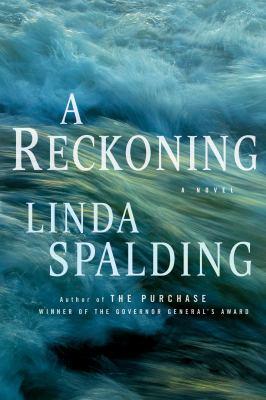
A reckoning : a novel
A Reckoning opens in the spring of 1885, when John Dickinson is involved in a shameful secret that will require a tragic decision. The family's resources have been wasted by a reckless brother who holds all of them hostage and, adding fuel to John's desperation, the enslaved workers have been visited by a Canadian abolitionist who pushes them to escape. Bry does, and his pursuit of freedom will involve a dangerous quest to find his mother and child in Canada. Meanwhile, the Dickinsons become fugitives of another kind, escaping their losses in a wagon en route to the West that will eventually be loaded onto a Missouri river boat for a dark adventure. Forests and rivers prevail in this story, and each person will be tested, especially thirteen-year-old Martin, whose lonely journey with a pet bear is almost mythic.
Available Copies by Location
| Location | |
|---|---|
| Community Centre | Available |
| Stamford | Available |
| Victoria | Available |
Other Formats
Browse Related Items
| Subject |
| Families > Fiction. Fugitive slaves > Fiction. Canadian fiction. |
| Genre |
| Historical fiction. Domestic fiction. Novels. |
- ISBN: 9780771098222
- Physical Description 318 pages : map ; 22 cm
- Publisher [Place of publication not identified] : [publisher not identified], 2017.
Content descriptions
| General Note: | Map on endpapers. |
Additional Information



